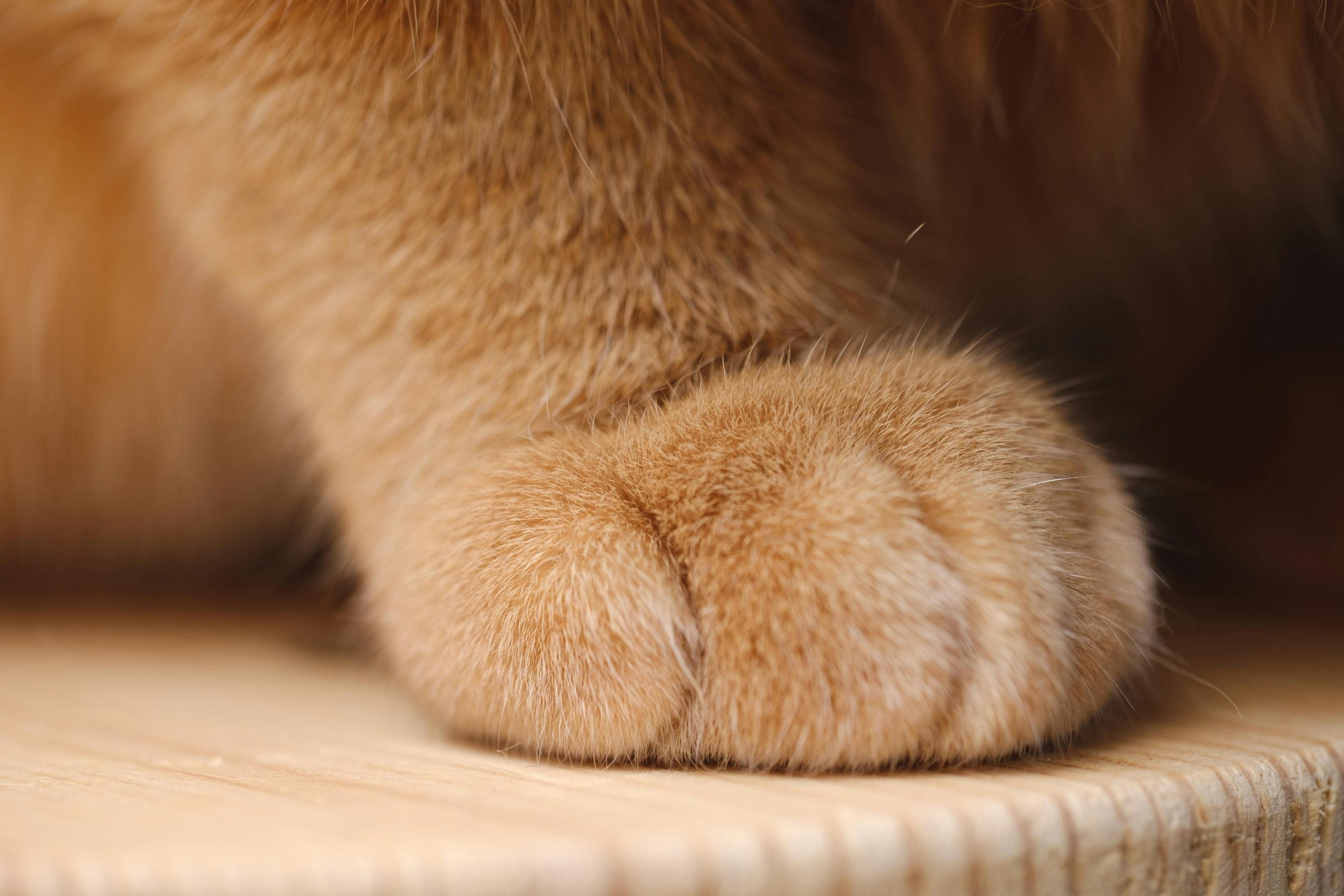If you've ever noticed your cat kneading, you're not alone. Many cat owners have observed their feline friends rhythmically pushing their paws in and out against soft surfaces, often while purring contentedly. But why do cats knead? At Ingleside Animal Hospital, we’re here to explore this common behavior and what it means for your kitty.

1. Instinctual Behavior from Kittenhood
Kneading, also known as “making biscuits,” is a behavior that typically begins in kittenhood. When nursing, kittens knead their mother’s belly to stimulate milk flow. This instinctual action often continues into adulthood as a comforting behavior.
2. Comfort and Contentment
Many cats knead when they’re feeling relaxed and happy. You might notice this behavior when they’re curled up on your lap or resting on a soft blanket. The act of kneading can be soothing for cats, similar to how some people might fidget with their hands or use stress balls.
3. Marking Territory
Cats have scent glands in their paws, and kneading can be a way for them to mark their territory. When your cat kneads, they may be leaving their scent on the surface, claiming it as their own. This behavior is particularly common in cats that are more territorial or anxious.
4. Stretching and Exercise
Kneading can also serve as a form of exercise and stretching. As your cat pushes their paws in and out, they’re using various muscles in their legs and maintaining flexibility. This stretching action can be especially beneficial for indoor cats that may not have as many opportunities to exercise.
5. Seeking Attention
Sometimes, kneading is a way for cats to seek attention from their owners. If your cat begins kneading on your lap or beside you, they may be looking for affection or playtime. Responding to this behavior with gentle petting or interaction can strengthen your bond.
6. Nostalgia for Kittenhood
For many adult cats, kneading can be a comforting throwback to their kitten days. The act of kneading may evoke feelings of safety and warmth associated with nursing and being close to their mother. It’s a natural way for cats to find comfort in their adult lives.
If you have questions and you'd like to reach out to us, you can call us directly at (602) 833-7511, or you can email us at [email protected]. Don't forget to follow us on social media Facebook, Instagram.
